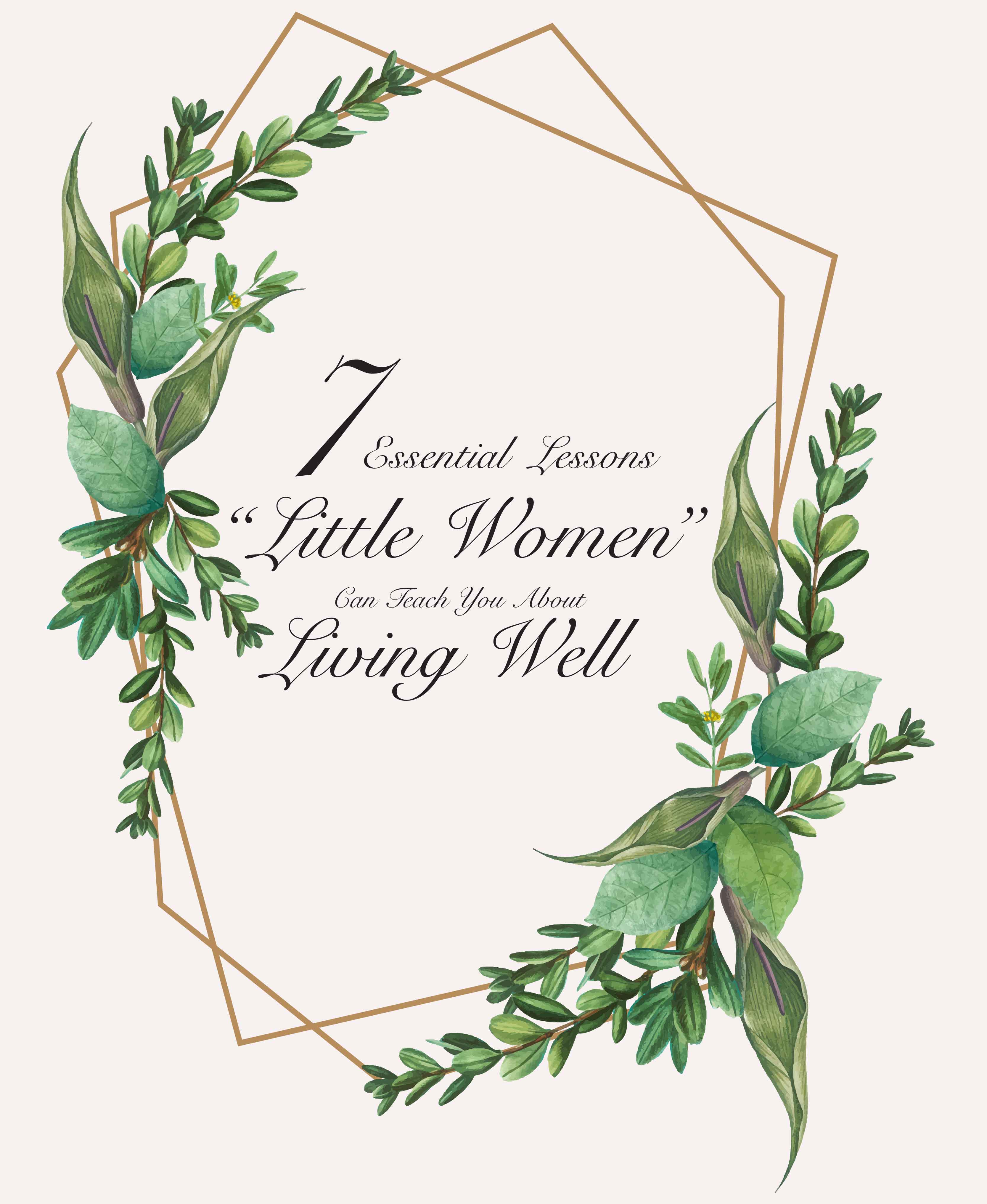
Download Little Women by Louisa May Alcott
Louisa May Alcott’s Little Women, a two-volume novel following the four March sisters through their adolescence and young adulthood, was first published in the late 1860s. Almost 150 years later, the book remains remarkably popular; in fact, the unassuming tale is one of the ten most beloved books in America, according to a poll released recently by Harris International.
The story’s popularity persists in defiance of our modern age of snark. The book, a semi-autobiographical but highly idealized narrative drawn from Alcott’s own youth, is saccharine, frequently preachy, and fairly old-fashioned. The beloved matriarch of the March family, known by her daughters as “Marmee,” frequently admonishes her girls against sins such as “chasing men” (hussies!!) and urges them to embrace “womanly” virtues such as modesty in dress, quiet voices, domestic skills, and nurturing qualities. “Womanly” is used almost interchangeably with “good” in describing the female characters’ actions, and if the emphasis on modesty in the March family seemed slightly odd and old-fashioned at the time, it seems downright retrograde today.
Modern readers would not be alone in finding Little Women a bit fusty. The author herself notoriously described her children’s stories as “moral pap for the young.” She wrote the books not for artistic reasons, but to pay the bills. Yet it can’t be denied that her stories have spoken to generations of readers. Maybe because there are some genuinely good lessons for living in there — as well as some sneaky progressivism, endearing characters, and funny stories of everyday life. All in all, Little Women may not be perfect, but most of us could learn a great deal about how to live today from this old-fashioned novel.
1. No matter how hard it may be, try to forgive. Some offences may seem unforgivable, but refusing to accept a sincere apology usually leads to nothing but more suffering. When impetuous Jo refuses to invite obnoxious youngest sister Amy to a show, Amy vents her rage by burning the only manuscript of the book Jo has been labouring to write. At first, Jo withholds her forgiveness, but when Amy almost dies in a skating accident, Jo realizes that her sister is far more important to her than even her cherished book. So close to losing Amy, she sees that holding grudges is more likely to lead to bitter regret than to a sense of righteousness.
2. Don’t give in to jealousy; there will always someone with more than you of whom to feel envious. The March family does not live in abject poverty, but their means are clearly not lavish. With four young girls in the house and little money coming in, there are bound to be occasions when the sisters yearn for the stylish dresses, European tours, and opulent parties of their wealthier acquaintances. But the Marches are constantly reminded that many live in deeper poverty than they do and that they should be grateful for what comforts they do have.
3. Giving is a greater joy than receiving. Not only do the sisters get frequent reminders of their relatively good fortune, but they also find it’s better to focus on helping destitute neighbours than to gaze longingly at their rich neighbours’ lives. In the very first scene, the girls sit around the fire complaining about their newly straitened circumstances: “‘Christmas won’t be Christmas without any presents,’ grumbled Jo, lying on the rug. ‘It’s so dreadful to be poor!’ sighed Meg, looking down at her old dress.” But only a few pages later, the girls have rallied and resolved to spend their small amounts of pocket money not on treats for themselves, but on presents for their self-sacrificing mother. To top it all off, they reluctantly take their own Christmas breakfast to a starving family nearby. Though the sacrifices are difficult at first, they are all more content than if they had been selfish.
4. Fine feathers often hide not-so-fine birds, so focus on what’s underneath rather than external elegance. At any rate, having such fancy clothes and baubles might seem worthy of envy, but as eldest sister Meg finds when she’s gussied up for a party, it’s not all that she dreamed of. She notices that “there is a charm about fine clothes which attracts a certain class of people, and secures their respect,” but it’s a superficial sort of regard. The expensively dressed women she admired had gossiped about her and paid her no attention when she was in dowdy dresses, but their newfound affection can’t conceal the hypocrisy and shallowness hidden below their silk gowns. It’s easy to judge people by their clothes, but it’s a poor metric for discerning their true character.
5. Figure out what you’re good at and stick to it. The March sisters might seem like little prodigies at times, but the reality is that none of them is particularly distinguished in terms of talent. They just don’t let their limitations get them down. Beth, the musical sister, practices her piano whenever she can. Amy, the artistic sister, is willing to put aside her vain obsession with her appearance to spend hours improving her sketching. Jo, the literary sister, scribbles constantly. And while Meg isn’t much of a creative she focuses on learning to cook and keep house — domestic arts that are challenging in their own right. The girls aren’t quitters, and they aren’t dabblers — they know their strengths and passions and they’re willing to dedicate time and effort into cultivating them. Accordingly, Jo eventually makes a tidy living writing, and Amy becomes an accomplished artist, though she never achieves fame with her skill, and Meg runs a tidy household. That investment in their talents paid off!
6. Don’t obsess about dating. Little Women adheres to 19th-century norms when it comes to marriage, though Alcott herself never married. Though all three girls who survive until adulthood do marry (even Jo, who declares once, “I don’t believe I shall ever marry”), they don’t spend much time flirting with, gossiping about, or dreaming of men. As Marmee remarks to Jo, “We … had better not get ‘romantic rubbish,’ as you call it, into our heads.” Instead, the girls all focus on their family life and personal development, develop real friendships with good men, then make wise marital choices.
7. Family should come first. We live in the age, and the country, of the individual. Little Women should remind us that, if we’re lucky enough to have loving families, we should appreciate and care for them. Family love is the heart of the book, whether it’s sisterly love, parental love, or marital love. The Marches don’t cavalierly end friendships, disown family members, or play fast and loose with the hearts of romantic partners. Even unpleasant Aunt March isn’t neglected. But when she offers to adopt a child to alleviate the family’s financial struggles, she is gently refused: “We can’t give up our girls for a dozen fortunes. Rich or poor, we will keep together and be happy in one another.” What a beautiful thought.
Adapted from https://www.huffpost.com/entry/little-women-lessons_n_5248895
Louisa May Alcott Biography in short and rare Photos



















